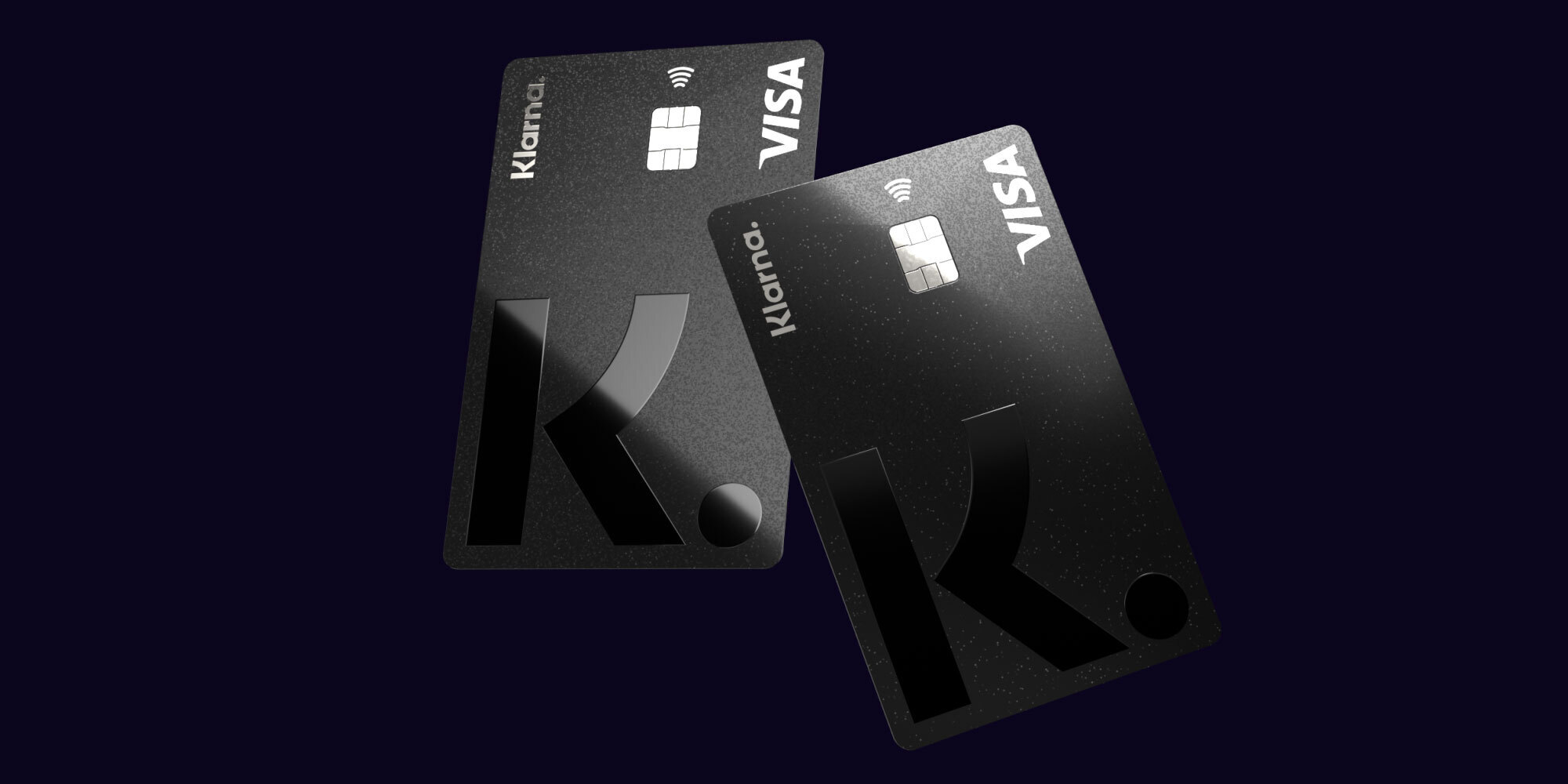Revolut, a global financial technology company, has been granted a banking license in Mexico. This move is seen as a sign of Revolut’s ambitions to expand into Latin America, a region with a large and growing population.
Table of Contents
ToggleKey Points
- Revolut receives banking authorization in Mexico.
- The company is looking to expand into Latin America.
- Mexico received a record $63.3 billion in remittances in 2023, highlighting the potential for cross-border transfer services.
- Revolut offers a wide range of financial products and services, including current accounts, debit cards, stock trading, and cryptocurrency exchange.
Let’s dive deeper into this news and explore what it means for Revolut, Mexico, and the broader fintech industry.
Revolut: A Fintech Leader
Founded in 2015 by Nikolay Storonsky and Vlad Yatsenko, Revolut is a global financial technology company that offers a wide range of financial services through its mobile app. Headquartered in London, UK, Revolut serves a customer base spread across 30 countries, including the United Kingdom, Europe, the United States, Australia, Singapore, and Japan.

The company’s core offerings include:
- Current accounts: Revolut provides digital bank accounts that allow users to hold and manage their money in multiple currencies.
- Debit cards: Revolut offers debit cards that can be used for making payments both online and offline. The cards can be linked to multiple currencies, allowing users to spend abroad without incurring high foreign transaction fees.
- Stock trading: Revolut allows users to buy and sell stocks, fractional shares, and exchange-traded funds (ETFs) commission-free.
- Cryptocurrency exchange: Revolut enables users to buy, sell, and hold a variety of cryptocurrencies.
- Peer-to-peer payments: Revolut allows users to send and receive money from friends and family instantly.
- Currency exchange: Revolut offers competitive exchange rates for converting between different currencies.
Revolut’s business model is based on freemium subscriptions. The company offers a free tier with basic features and paid tiers with additional features, such as travel insurance, airport lounge access, and higher foreign exchange limits.
Revolut’s Expansion into Mexico
Mexico’s banking license is a significant development for Revolut. It will allow the company to offer a wider range of financial services in Mexico, including loans, savings accounts, and investment products. This will make Revolut a more attractive proposition for Mexican consumers, who are increasingly looking for digital banking solutions.
Mexico is a large and attractive market for fintech companies. The country has a population of over 128 million people, and a large portion of the population is unbanked or underbanked. This presents a significant opportunity for Revolut to grow its customer base.
In addition, Mexico is a major recipient of remittances. In 2023, Mexico received a record $63.3 billion in remittances, which highlights the potential for Revolut’s cross-border transfer services. Revolut can potentially leverage its competitive exchange rates and fast transfer times to attract users who are sending or receiving money from abroad.
The Broader Fintech Landscape
The fintech industry is growing rapidly in Latin America. A growing number of fintech companies are emerging in the region, offering innovative financial products and services. Revolut’s entry into Mexico is likely to spur further competition in the Mexican fintech market. This will benefit Mexican consumers by giving them more choice and potentially lower prices.
However, Revolut will also face competition from established banks in Mexico. These banks are also investing in digital banking solutions, and they have a deep understanding of the Mexican market. Revolut will need to innovate and offer competitive products and services to succeed in Mexico.
Overall, Revolut’s entry into Mexico is a positive development for both the company and Mexican consumers. It will increase competition in the Mexican fintech market, and it will give Mexican consumers access to a wider range of financial products and services.
Looking Ahead
It will be interesting to see how Revolut fares in the Mexican market. The company has a strong track record of success in other markets, but Mexico is a new and challenging environment. If Revolut can adapt its products and services to meet the needs of Mexican consumers, it has the potential to become a major player in the Mexican fintech market.
Here are some additional questions to consider:
- How will Revolut compete with established banks in Mexico?
- What new products and services will Revolut launch in Mexico?
- How will Revolut’s entry into Mexico impact other fintech companies in the region?
Only time will tell how Revolut’s Mexican expansion will play out. But one thing is for sure: Revolut’s move into Mexico is a sign of the growing importance of Latin America for the global fintech industry.











